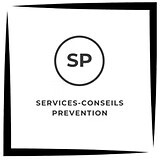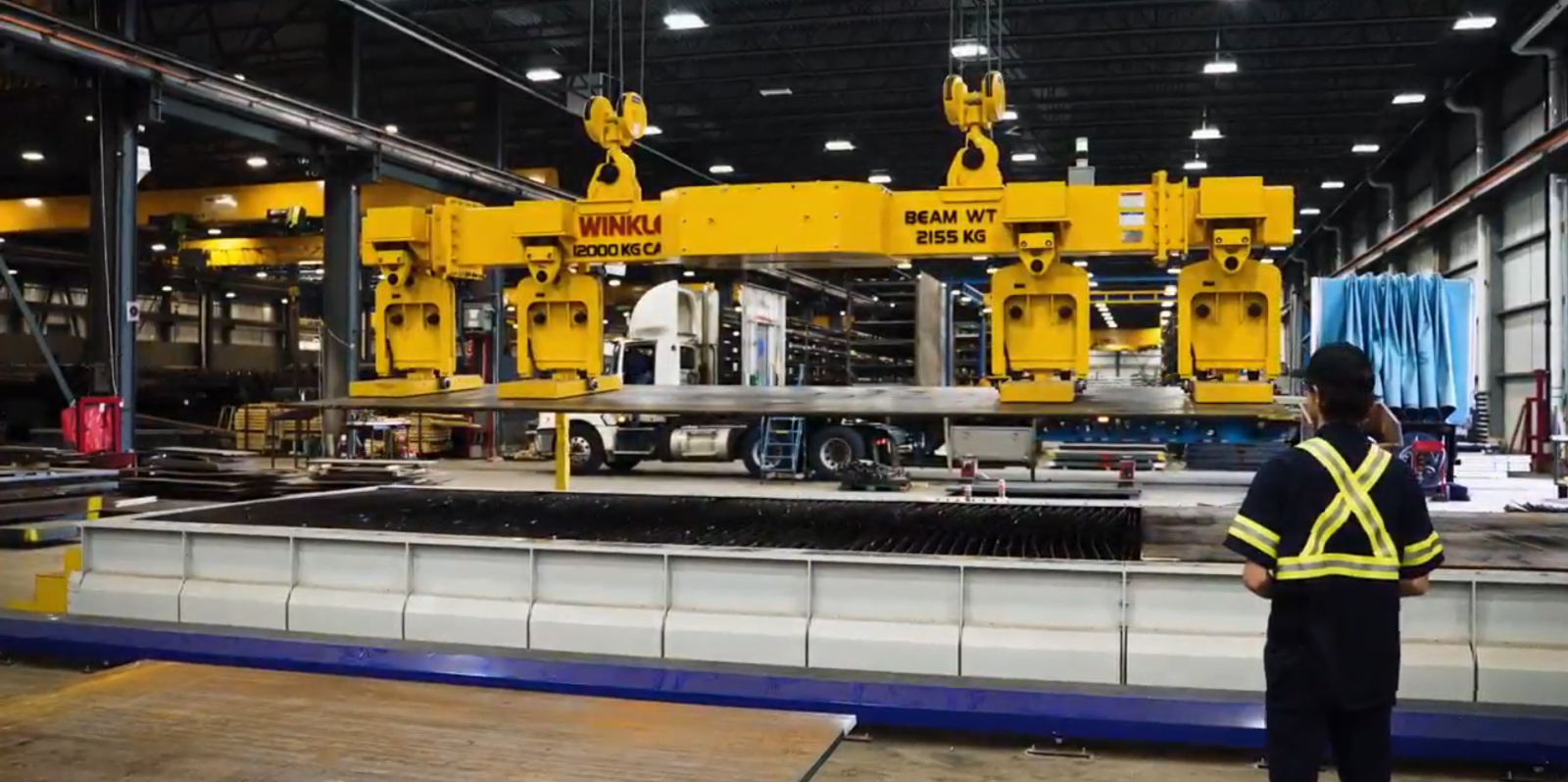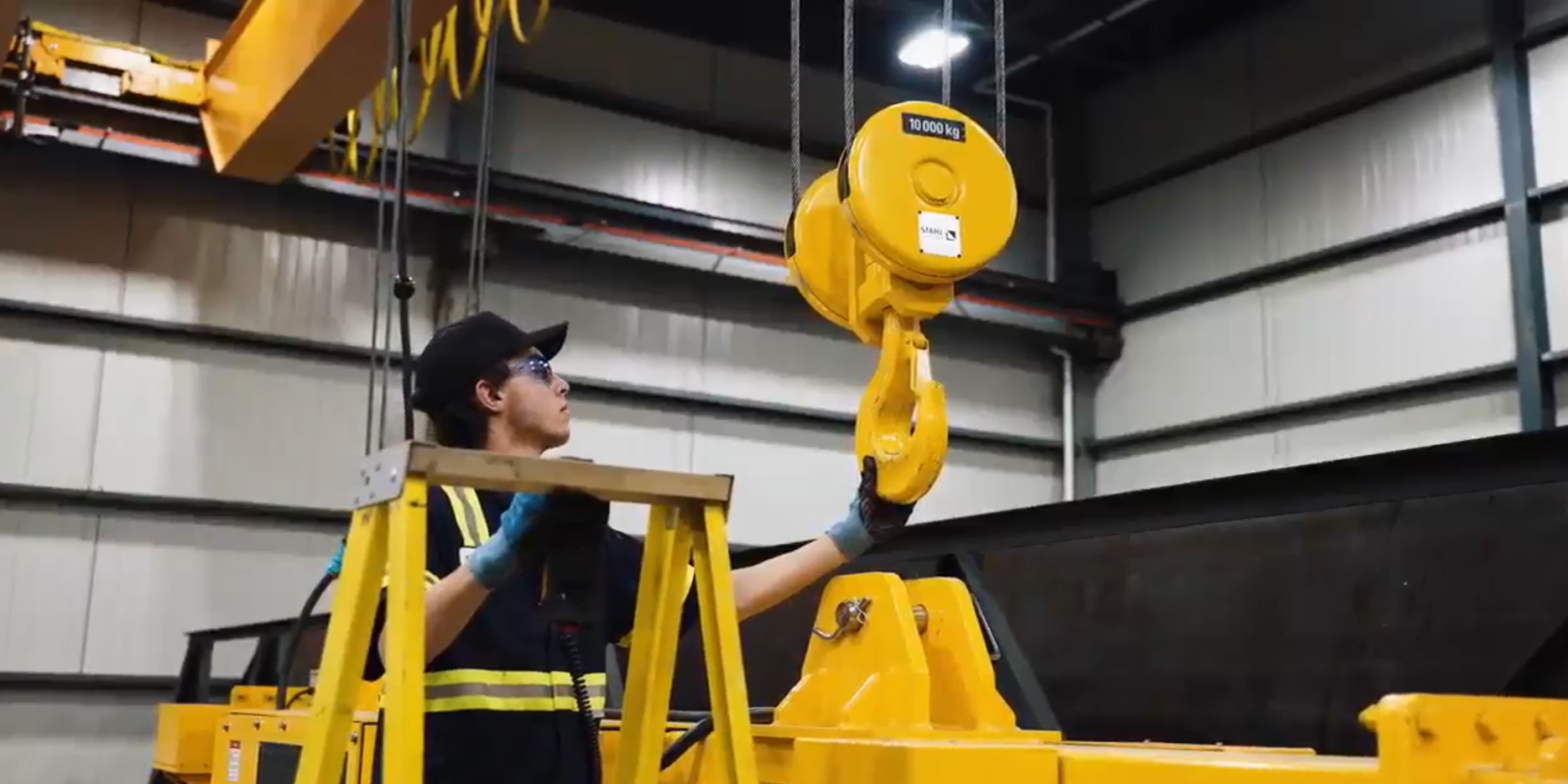-
PRODUCTSreturn
-
SERVICES AND PARTS
-
ABOUT US
Is overhead crane operator training mandatory? Do you offer this service?
10:04
Would you drive your car knowing that the other drivers don’t have a license and have never taken a driving course? Certainly not! Especially since, according to research, road deaths already account for 1 person every 21 seconds worldwide! Imagine what that figure would be without training!
But what about training for overhead crane operators? These workers have to control a machine that lifts and moves objects weighing several tons close to other people. There’s no doubt this job involves many risks! Should these employees be trained? Is this training mandatory?
What’s more, since we’ve been manufacturing overhead cranes since 2009, many of our customers ask us if we offer this training.
In this article, you will learn not only whether this training is mandatory, but also what criteria ensure quality training. You will also discover how to avoid common mistakes when choosing a trainer. You will therefore know who to turn to, and how to make the right choice to protect your workers from lifting accidents.
Let’s start with a first question: does Premium Industrial Group offer this training?
Does Premium Industrial Group offer overhead crane operator training?
NO. We do not currently offer crane operator training. However, although the choice of trainer is up to the customer, we do refer these training requests to a partner company : SP Services-Conseils Prévention.
Why do we recommend this company to our customers? For its expertise. The rest of this article will help you compare and assess the quality of this training. Simon Paradis, owner of SP Service-Conseil Prévention, will answer the questions posed in the introduction. He is a prevention consultant and occupational health and safety trainer, a field in which he has been active since 2011. Before founding his own company, he worked as an OHS advisor and trainer for manufacturing companies, then as a consultant and trainer for a prevention mutual.

Is overhead crane operator training mandatory? What does it entail?
Premium’s question : Is training in the safe operation of overhead cranes mandatory in Quebec ?
Simon Paradis’s answer :
Yes. According to section 254.1 of the Regulation respecting occupational health and safety (RROHS), “an overhead crane shall be used only by an operator who has received theoretical and practical training from an instructor.”
What should this training consist of? According to the same article, it should cover equipment, accessories, working environment specifics, operations, communication, inspection and rules relating to all lifting operations of the establishment and the company operating them. This training should be given in the workplace and to all those involved in lifting operations. For more details, see the full article in the RROHS.

Premium’s question : Should operator training be renewed?
Simon Paradis’s answer :
Yes. Section 51, par. 9 of the Act respecting occupational health and safety (AOHS) reminds us that, in matters of health and safety, employers have an obligation to train workers on the risks to which they are exposed in their work, in order to ensure that they have the necessary skills to perform their work safely. This obligation includes keeping skills up to date !
Clause 9.3.1.6 of CSA standard B167-16: Overhead cranes, gantry cranes, monorails, hoists and jib cranes specifies that this training must be renewed every three (3) years.
Premium’s question : Apart from the legal aspect, why is it relevant to renew this training course ?
Simon Paradis’s answer :
Employers sometimes don’t see the point of renewing operator training. For some, it’s even a waste of time. But do you think that the bad behaviors observed during practical training are mainly among new operators? On the contrary, it’s mainly among long-standing operators for whom crane operation has become a routine task. When you’ve been doing a job for too long, good habits and behaviours can get lost and forgotten. We go too fast, our brain makes us act without realizing it, and good practices are sometimes neglected. We can think of the operator who no longer looks at the load being moved, who is over-confident and doesn’t keep a safe distance from the load, who no longer takes the trouble to check that the load is balancing properly and that the slings are securely fastened before starting off at full speed, etc. In addition, each training session brings new knowledge, as the field evolves and training content improves.
So, the next time you need to plan the renewal of your operators’ training, you may see things from a different angle !
Premium’s question : Is training in the safe operation of a jib crane, gantry crane or monorail also mandatory in Quebec?
Simon Paradis’s answer :
Yes, the previously mentioned article 51, par. 9 of the OHSA reminds us of this obligation. As for the CSA B167-16 standard, it includes all these types of equipment in section 9.3 on operator training.
How can I choose quality crane operator training?
Premium’s question : Who offers crane operator training in Quebec? How do I choose the right one?
Simon Paradis’s answer :
Several private companies offer this training across Quebec, as do several joint sector-based associations. There is a wide range of training courses on offer.
As in many areas, when several companies or organizations offer the same product, quality and prices can vary. Some training courses are more general, while others are better adapted to your operations. That’s why it’s important for employers to research about the content and conditions of available training courses.
Premium’s question : How can you distinguish a good operator training course from a bad one?
Simon Paradis’s answer :
It’s important to bear in mind that the training you choose is in fact a way of investing in worker’s skills. Employers would do well to ask themselves: Does the training I’m about to choose guarantee that my employees have the knowledge and expertise they need to work safely? So, it’s not just matter of having a competency card to meet legal requirements. The aim is to avoid accidents that could have far more costly consequences than quality training.
Here’s what an employer should look for when choosing an overhead crane operator training course :
- Training adapted to your reality
Article 254.1 of the RROHS specifies that training must be adapted to the equipment and accessories used, as well as to the specific tasks performed in the workplace. To this end, the trainer should have informed himself in advance about the specific methods used in the workplace, to adapt the content to the reality of your operations. For example, he or she should take into account the type of equipment, accessories used, loads lifted and work methods (See also the article “Is tandem lifting dangerous? Master its unsuspected dangers”!) He can then make timely recommendations, perhaps even before training.
This also means that training given in a workplace place other than the employee’s would not really be appropriate in the majority of cases.
- A competent trainer
The field of overhead cranes and slinging is a fairly technical and complex one. The trainer must therefore have sufficient knowledge and expertise to deliver the training. He or she must also have the necessary instructor qualification and be certified by a reputable training organization.
- Duration of training
Article 254.1 RROHS specifies that ” training must be of sufficient duration to enable safe use of the overhead crane and lifting accessories “. The trainer must therefore allow sufficient time to ensure that all individuals, regardless of their level of experience, knowledge, skill, etc., understand and master the rules of the art in the safe operation of overhead cranes. He or she must explain how to carry out the start-of-shift inspection, familiarize operators with the controls, explain the safety features of the equipment, run movement exercises without load, then with load, demonstrate in the field how to inspect lifting accessories before use, how to perform safe rigging, demonstrate how to rotate the load, and so on.
As for theoretical content, the elements specified in article 254.1 must also be precisely covered.
- A small group in the field
It’s also worth mentioning that practical group training is not sufficiently personalized. In practice, you should limit your training to 2 or 3 individuals at a time. Moreover, grouping too many people around a piece of equipment is not only unsafe, it’s also unproductive. Article 254.1 RROHS specifies that practical training “must be carried out in the workplace under conditions that do not expose the operator or other workers to hazards related to learning how to operate the overhead crane“.

Training your overhead crane operators: a matter to be taken seriously!
Worker safety should be a priority, especially when heavy loads are being lifted near them. Every year in Quebec, many serious and even fatal accidents are caused by lifting equipment. Training crane operators is therefore essential to prevent these risks.
We have seen that this training is mandatory in Quebec, but that not all training courses are equivalent. The choice of quality training is therefore an essential element that can make all the difference in the knowledge, work methods and behavior of your workers. So don’t take crane operator training lightly.
Would you like to evaluate the training offers on the market to make the right choice? For more information on the training and service offered by SP Services-Conseils Prévention, visit the company’s website : www.spprevention.com.
Learning Center
Whether you're an expert or know nothing about cranes, you'll find everything you need to know HERE.





